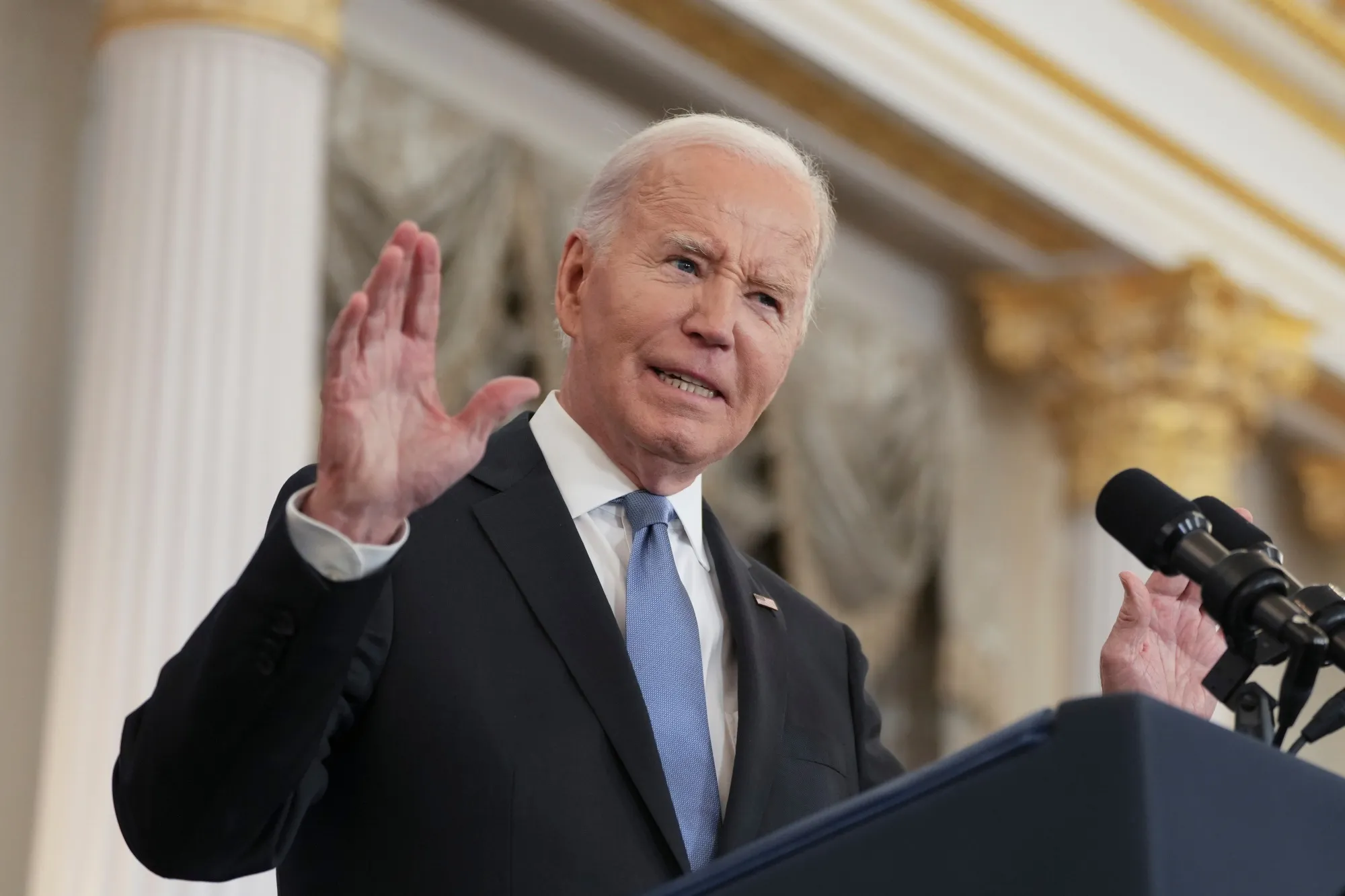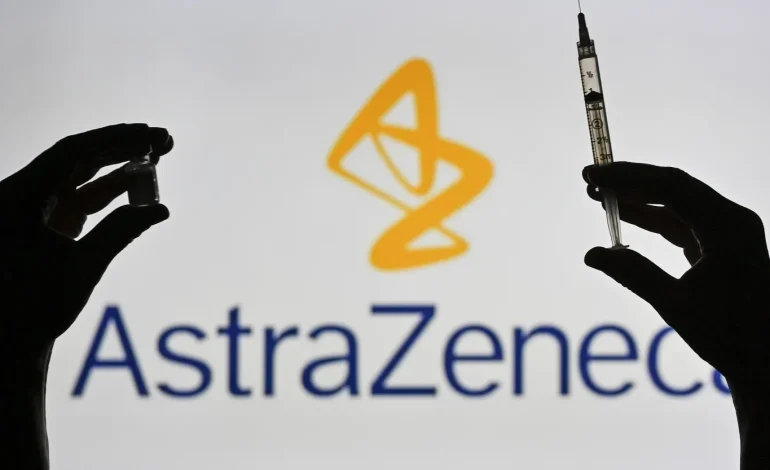AstraZeneca’s shares fell over 5% on Tuesday following the release of disappointing trial results for its experimental lung cancer drug, datopotamab deruxtecan.
The British pharmaceutical giant, known for its role in developing a COVID-19 vaccine, saw its stock experience the largest one-day drop in seven months, trading at the bottom of the FTSE 100 and dragging the wider healthcare sector down.
The decline came after data from the TROPION-Lung01 Phase III trial, published on Monday, showed that the drug did not significantly improve overall survival rates for patients with advanced non-small cell lung cancer (NSCLC). By mid-morning, shares had dropped 4.8%, continuing a downward trend as investors reacted to the results.
Datopotamab deruxtecan, also known as Dato-DXd, was being trialed in patients whose NSCLC had returned after one or two previous treatments. The drug was compared to the chemotherapy agent docetaxel, a long-standing treatment for second-line metastatic NSCLC. While the results showed a “clinically meaningful” trend toward improving survival rates, they did not meet the threshold for statistical significance.
AstraZeneca had high hopes for Dato-DXd, which is being developed in collaboration with Japan’s Daiichi Sankyo. Investors had been closely watching the drug’s progress, hoping it would follow the success of the company’s COVID-19 vaccine. Despite these latest results, earlier trials had shown some promise in slowing cancer progression.
The trial results add complexity to the approval process, with the US Food and Drug Administration (FDA) set to make a decision on the drug by December. Citigroup analysts noted that while the data presents challenges, confidence in the drug’s eventual approval remains high. However, they also warned that the latest findings could increase short-term risks.
The news also comes at a time when AstraZeneca faces growing competition in the NSCLC treatment space. Several companies, including Bristol Myers Squibb, Roche, and Merck, have struggled to improve upon the overall survival rates achieved by docetaxel. Gilead Sciences also saw a similar outcome with its TROP2-directed drug, Trodelvy.
Despite missing the survival target, AstraZeneca pointed to other advantages of Dato-DXd, including improved progression-free survival and better safety and tolerability compared to docetaxel. The drug showed fewer severe side effects, such as diarrhea and hematologic disorders, offering a potential edge in patient care.
CNBC, Market Watch, and Fierce Biotech contributed to this report.









